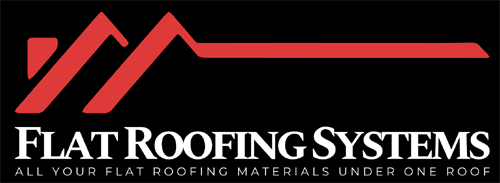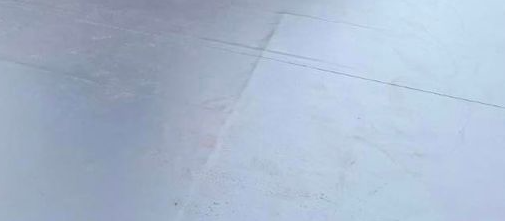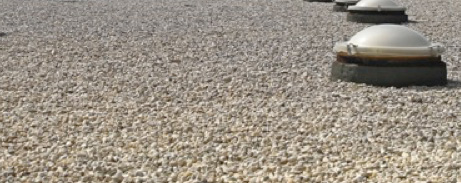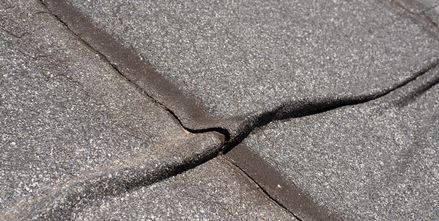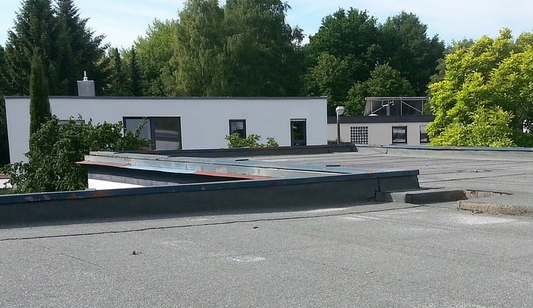What is Better-EPDM or PVC Roofing?
When it comes to flat or low-slope roofing, two materials consistently top the list: EPDM and PVC. Both have their loyal fans, but which one is truly better for your property? In this article, we’ll break down the pros, cons, and best-use scenarios for each, helping you make an informed decision for your next roofing project.
Understanding EPDM Roofing
EPDM (ethylene propylene diene monomer) is a synthetic rubber membrane widely used on flat roofs. It’s known for its flexibility, durability, and ease of installation. EPDM typically comes in large, seamless rolls that can be adhered, mechanically fastened, or ballasted to the roof deck.
Advantages of EPDM Roofing
- Long Lifespan: With proper care, EPDM roofing can last 40–50 years or more.
- Cost-Effective: EPDM is generally less expensive to purchase and install than many alternatives.
- Weather & UV Resistance: This material stands up well to sun, rain, and temperature extremes.
- Eco-Friendly: Many EPDM products are made from recycled materials and are themselves recyclable.
- Easy Repairs: Repairs are straightforward, often requiring only simple patches.
- Fire & Noise Resistance: Naturally fire-retardant and helps dampen sound.
Disadvantages of EPDM Roofing
- Puncture Risk: EPDM can be vulnerable to punctures from sharp objects or heavy foot traffic.
- Heat Absorption: Standard black EPDM absorbs heat, though reflective coatings are available.
- Extra Protection Needed: In high-traffic or high-abuse areas, additional protection may be necessary.
Understanding PVC Roofing
PVC (polyvinyl chloride) roofing is a thermoplastic membrane, often reinforced with polyester or fibreglass. It’s especially popular for commercial roofs, particularly where chemical resistance or energy efficiency is a priority.
Advantages of PVC Roofing
- Energy Efficient: Light-colored PVC reflects sunlight, reducing cooling costs in hot climates.
- Chemical Resistance: Ideal for restaurants and factories, PVC resists grease, oils, and many chemicals.
- Durable & Puncture Resistant: Reinforcement makes PVC tough against physical damage.
- Resistant to Fire, UV, and Ponding Water: PVC performs well in harsh conditions and won’t support biological growth.
Disadvantages of PVC Roofing
- Higher Upfront Cost: Materials and installation are typically more expensive than EPDM.
- Shorter Lifespan: Most PVC roofing can last in excess of 20–30 years.
- Potential Brittleness: Over time, PVC can become brittle as plasticizers break down.
- Environmental Concerns: Contains chlorine and is less environmentally friendly than EPDM.
EPDM vs. PVC Roofing: Side-by-Side Comparison
| Feature | EPDM Roofing | PVC Roofing |
|---|---|---|
| Lifespan | 40–50+ years | 20–30 years |
| Cost | Lower | Higher |
| Installation | DIY-friendly | Professional recommended |
| Energy Efficiency | Moderate (black absorbs heat) | High (reflective) |
| Chemical Resistance | Moderate | High |
| Puncture Resistance | Moderate | High (reinforced) |
| Environmental Impact | Recyclable, eco-friendly | Contains chlorine |
| Maintenance | Simple, inexpensive | Low, but can become brittle |
Which Roofing Material is Better?
EPDM is often the go-to for residential and budget-conscious commercial projects. Its longevity, ease of repair, and environmentally friendly profile make it a solid choice for most flat roofs-especially where chemical resistance isn’t a top concern.
PVC, on the other hand, shines in environments where energy efficiency, chemical resistance, and puncture resistance are critical. It’s a favorite for restaurants, factories, and buildings in hot climates where cooling costs are a concern.
In short:
- Choose EPDM for cost savings, longevity, and sustainability.
- Opt for PVC when you need superior chemical resistance, energy efficiency, or toughness.
Conclusion
Both EPDM and PVC roofing have their strengths and ideal applications. The “better” option depends on your building’s needs, your budget, and your long-term priorities. For most flat roofs, EPDM offers unbeatable value and durability. For specialized commercial needs, PVC may be worth the investment.
Still unsure?
Feel free to contact us for advice on what is best for your project
